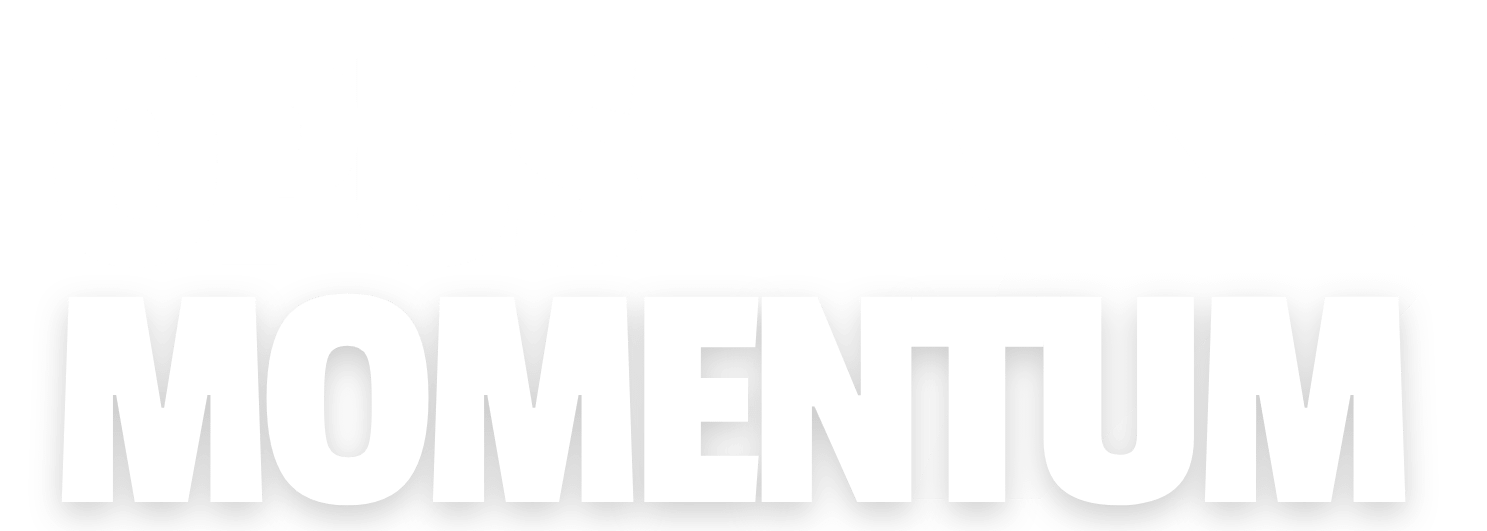In today’s digital age, social media platforms have become integral parts of our daily lives. However, with the widespread use of social media comes the unfortunate reality of online trolling. Trolling can range from harmless teasing to outright harassment, and it can have serious consequences for individuals and communities alike. In this guide, we’ll explore effective strategies to avoid trolling on social media and foster a more positive online environment.
Understanding Trolling
In order Avoid Trolling on Social Media it’s crucial to understand what exactly trolling entails. Trolling refers to the act of deliberately provoking or harassing others online, often anonymously, with the intention of inciting emotional reactions or disrupting conversations. Trolls may target individuals based on their opinions, beliefs, or identity, seeking to sow discord and create chaos in online spaces.
Common Types of Trolling
- Flame Wars: These involve heated exchanges of insults and inflammatory remarks between users.
- Cyberbullying: Trolls may target individuals with malicious intent, causing emotional distress and harm.
- Griefing: In online gaming communities, griefers intentionally disrupt gameplay and antagonize other players.
- Identity Spoofing: Trolls may impersonate others or create fake accounts to deceive and manipulate users.
Strategies to Avoid Trolling on Social Media
Now that we have a better understanding of trolling, let’s explore effective strategies to mitigate its impact and create a safer online environment.
1. Maintain Privacy Settings
One of the most important steps you can take to avoid trolling on social media is to review and adjust your privacy settings. Limiting who can view your profile and interact with your posts can help reduce the likelihood of encountering trolls.
2. Think Before You Post
Before sharing content or engaging in discussions on social media, take a moment to consider the potential consequences of your words and actions. Avoid inflammatory language or controversial topics that may attract trolls.
3. Don’t Feed the Trolls
Trolls thrive on attention and reactions from their targets. Instead of engaging with trolls or responding to their provocations, simply ignore them and refrain from escalating conflicts.
4. Use Block and Report Features
Most social media platforms offer tools to block or report abusive users. If you encounter trolling behavior, don’t hesitate to utilize these features to protect yourself and others from harassment.
5. Seek Support
If you’re experiencing persistent trolling or cyberbullying, don’t hesitate to reach out to trusted friends, family members, or mental health professionals for support. You don’t have to face online harassment alone.
6. Promote Positive Engagement
Foster a positive online community by engaging in respectful and constructive interactions with others. Lead by example and encourage empathy, kindness, and understanding in your online interactions.
Frequently Asked Questions (FAQs)
1. What should I do if I encounter trolling on social media?
If you encounter trolling behavior, it’s best to avoid engaging with the troll and instead use the platform’s block or report features to mitigate the situation.
2. How can I protect my mental health from online harassment?
Prioritize self-care and seek support from trusted individuals or mental health professionals if you’re experiencing distress due to online trolling or cyberbullying.
3. Is it possible to prevent trolling altogether?
While it may not be possible to completely eradicate trolling from social media platforms, implementing proactive measures such as privacy settings and positive engagement can help reduce its prevalence.
4. Why do people engage in trolling behavior?
Trolling behavior may stem from various motives, including boredom, a desire for attention, or underlying psychological issues. However, it’s important to remember that trolling is never justified and can have serious consequences.
5. How can I recognize trolling behavior?
Trolling behavior often involves inflammatory or provocative comments, personal attacks, and attempts to derail conversations or incite conflict. Learning to recognize these red flags can help you avoid engaging with trolls.
6. What role do social media platforms play in addressing trolling?
Social media platforms have a responsibility to create and enforce policies that prohibit trolling and protect users from harassment. However, individuals can also play a crucial role in fostering a positive online environment through responsible and respectful behavior.
Conclusion
In conclusion, avoiding trolling on social media requires a combination of proactive measures, responsible behavior, and community support. By prioritizing privacy, practicing empathy, and promoting positive engagement, we can work together to create safer and more inclusive online spaces for everyone. Remember, you have the power to control your online experience and make a positive impact in the digital world.
At Opus Momentum, our mission is to empower individuals and businesses to navigate the digital landscape with confidence and integrity. We understand the importance of creating a safe and inclusive online environment, free from the disruptive influence of trolling. Through our expertise in digital marketing and public relations, we help our clients implement proactive strategies to mitigate the risk of trolling and foster positive online communities.
By prioritizing privacy, practicing empathy, and promoting constructive engagement, we can collectively work towards a digital world where everyone feels respected and valued. At Opus Momentum, we’re committed to making a difference and ensuring that our clients can thrive in the ever-evolving digital sphere. Remember, with Opus Momentum by your side, you have the tools and support you need to navigate the digital landscape with confidence and resilience.

